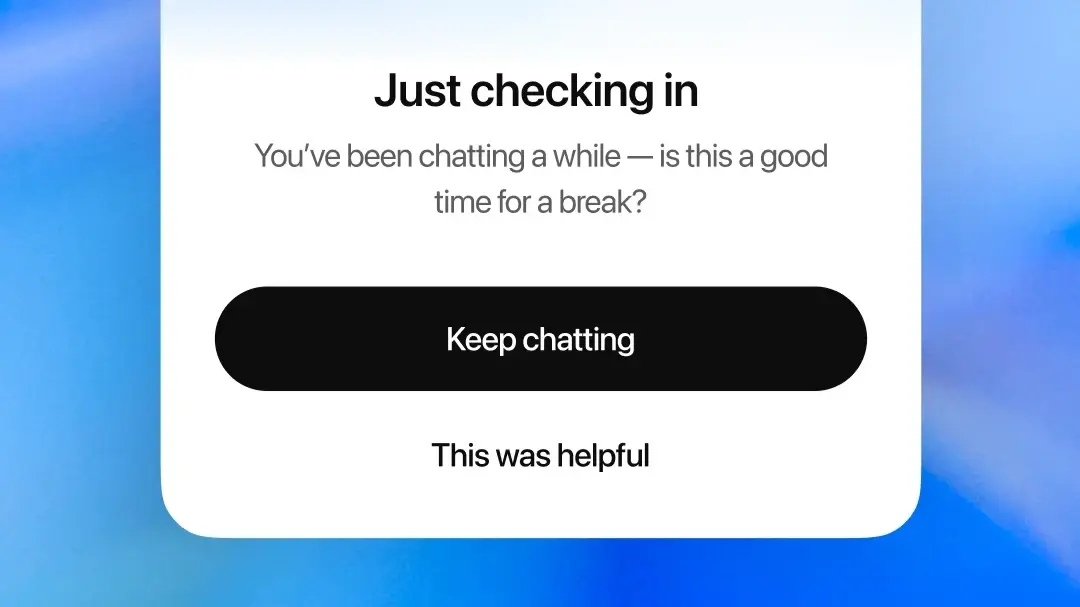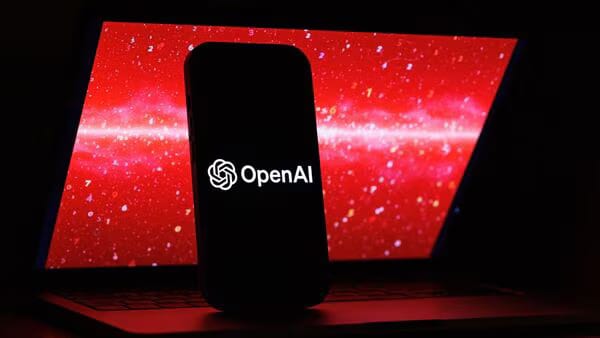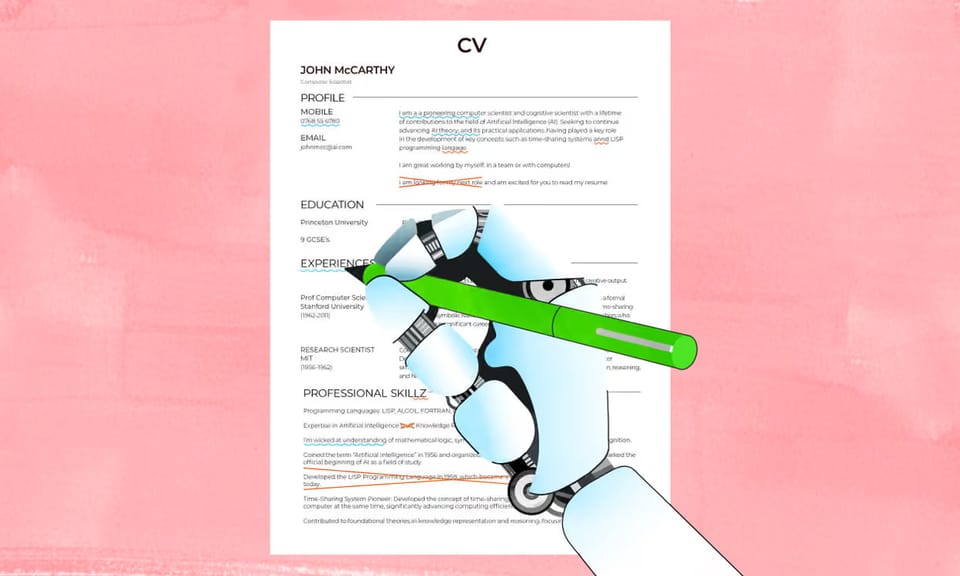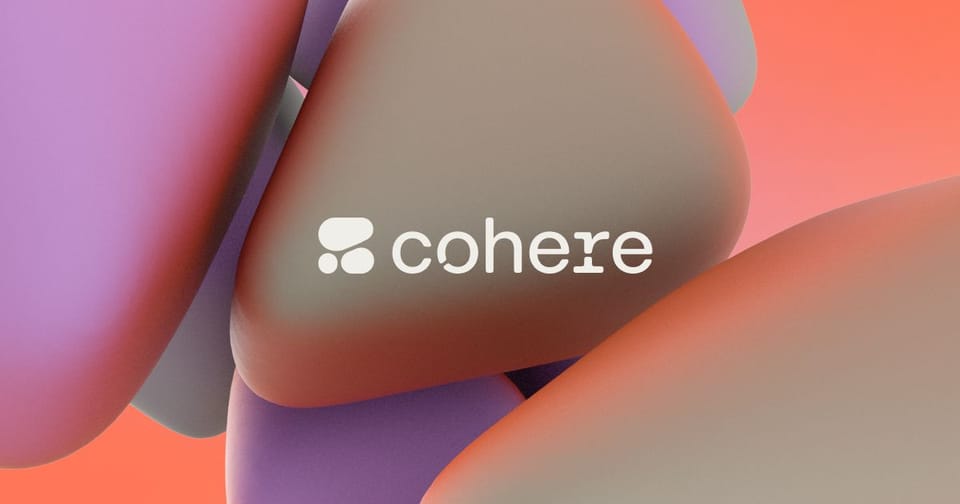Is Your Chatbot About To Care About Your Feelings?


OpenAI just gave ChatGPT a soft little mental health glow-up. No, it’s not turning into your therapist (thankfully), but it will now act like that one friend who says, “Hey, maybe close the laptop before you start talking to your plants.” The update adds break reminders and a gentler touch when you bring it those late-night life crises like, “Should I quit my job?” or “Why do I feel like a soggy waffle today?”
It may sound tiny, but when nearly 700 million people use ChatGPT every week, more than the U.S. and Canada combined, that’s a lot of people getting nudged to chill out. Instead of cold, one-size-fits-all answers, it’ll now notice if you’re stressed, confused, or leaning on it a little too hard for big life decisions. It might guide you through your options, ask better questions, and, brace yourself, suggest talking to an actual human.
ChatGPT isn’t just cranking out essays and fixing code anymore. People are venting to it, confiding in it, and sometimes asking it the kind of deep personal questions that should probably come with soft lighting and a box of tissues. OpenAI’s now bringing in doctors, mental health pros, and researchers to make sure the bot’s helpful without pretending to be Dr. Phil in the cloud.
And yes, this is also part of the bigger AI race. Gemini, Claude, Meta’s AI, and Copilot all want to be your favorite AI buddy. Whoever nails the “helpful and emotionally smart” vibe first doesn’t just win users, they win trust.
For workplaces, this could matter more than you think. Your teammate might be telling ChatGPT they’re about to burn out before they tell you or HR. For regular folks, it’s the difference between a 2 a.m. spiral ending in panic Googling… and ending with a friendly “Maybe get some sleep?” from your digital sidekick.
AI’s officially dipping its toes into our emotional lives, whether we signed up for that or not. This update is OpenAI’s way of making sure ChatGPT doesn’t hand out bad advice, while still keeping its “always there, never tired” vibe.
So, what do you think, a helpful digital safety net or just tech getting way too personal? Ever had AI actually make you feel better… or just freak you out more?
- Matt Masinga
*Disclaimer: The content in this newsletter is for informational purposes only. We do not provide medical, legal, investment, or professional advice. While we do our best to ensure accuracy, some details may evolve over time or be based on third-party sources. Always do your own research and consult professionals before making decisions based on what you read here.




